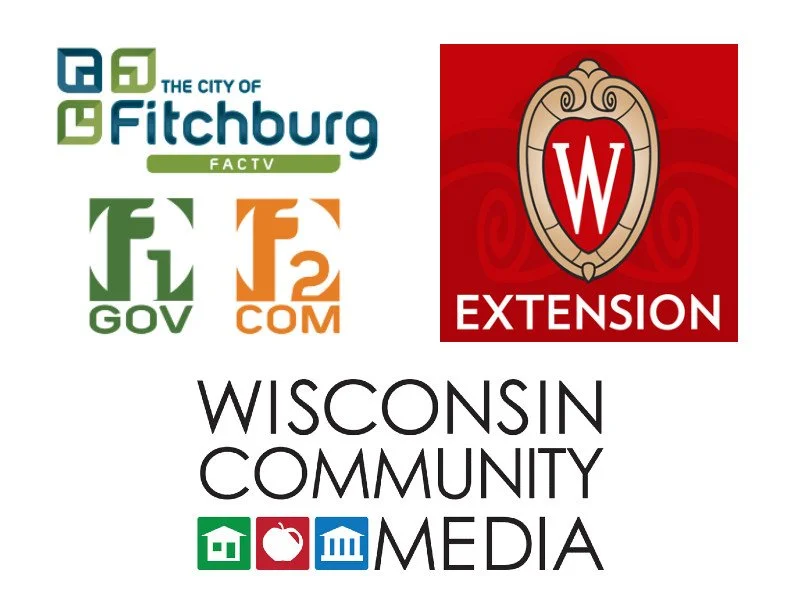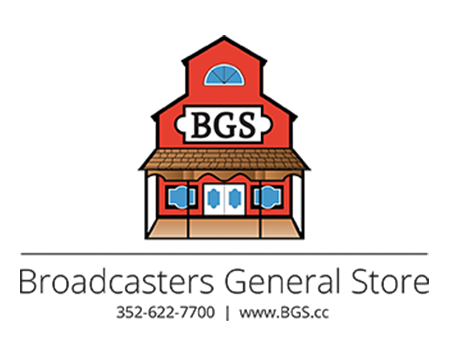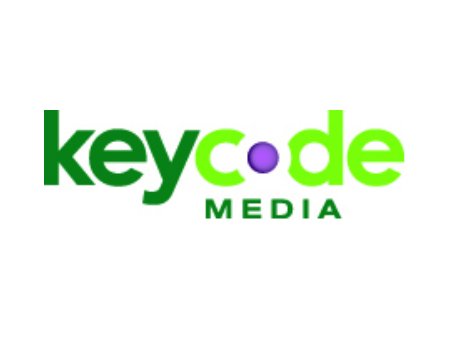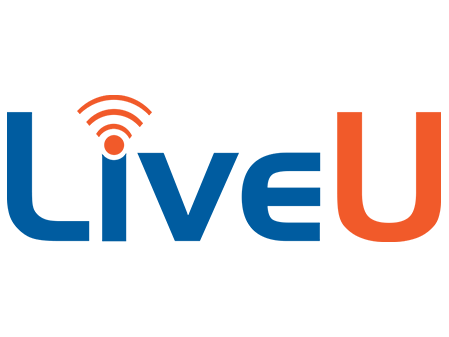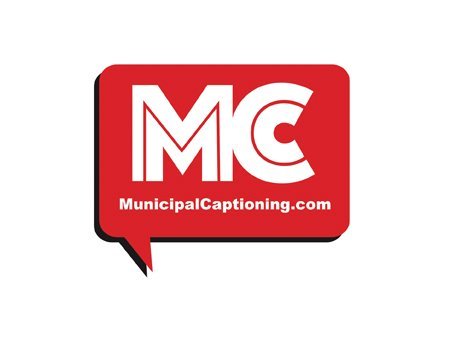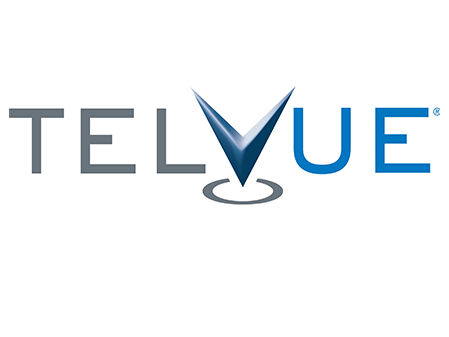The City of Superior and the City of Dodgeville have both decided to stop programming their PEG cable access channels. The City of Superior is talking with UW Superior about taking over one or both of the cable PEG access channels provided by Charter Spectrum.
Both cities have been dealing with long-standing reception issues that Charter Spectrum had not resolved. The City of Superior was having problems with the signal originating from its city hall, which meant meeting coverage was looking rough. The other origination point in the library looked good and this was the location from which all other programming originated. However, when the library requested that the media center vacate the two rooms it was using so that it could expand, the signal problem could no longer be dismissed. The City had asked Charter Spectrum for a price quote to move the origination line and improve reception, but after months and months of waiting, the company still had not gotten back to the city. In the interim, the city made an effort to find out whether or not there was an audience for the cable channels by putting a message on the channel's rotating message board. Viewers who called the city would get a modest gift certificate. No one called. At the end of 2022, the city did not renew the contract with Peter Luke, who had programmed the channel for many years.
Mary Cardona, Executive Director of Wisconsin Community Media, reached out to Mark Lundeen, who had expressed interest in programming a channel called Hayward Community Media. Hayward is located not far from Superior. The city agreed to delay giving back the channels in order to explore the possibility of empowering another local organization to take over management. Unfortunately, Lundeen was not ready to take on the channel, but he got in touch with UW-Superior. UW-Superior had managed one of the City of Superior channels in the past, but had returned it some years ago. The university is now considering if it can take on the cable TV channel and integrate it into its media production program. The city is holding off returning the channels until UW Superior comes to a decision.
The Dodgeville High School/City Channel had also been having reception problems for many years. Similarly, Charter Spectrum failed to improve the signal. Like with the City of Superior, Charter Spectrum indicated there would be a price associated with improving the signal, but had not submitted any firm proposal. Tired of waiting and concerned about the price tag, the city and school made the decision to give back the channels to Charter Spectrum. According to Dan Rhode, the computer science teacher at Dodgeville High School who had recently taken over responsibility for the channel, the channel had not been programmed with much content for some time, except for government meetings and some church services.
Both Superior and Dodgeville are longtime members of WCM, Superior joining in 2008 and Dodgeville 2004.
The City of Dodgeville and the City of Superior both have control over who manages their PEG channels — a legacy of being local franchising authorities prior to passage of state franchise legislation in 2007. That law revoked the right of local governments to enter into franchise contracts with cable companies, but let stand any requirement for PEG channels negotiated on the local level prior to enactment. The cities can give the PEG channels to any entity under the condition that they manage the channels as a public, educational, or government access channel. Once the channels are voluntarily given back to a video service provider such as Charter Spectrum, it is very unlikely the channels could ever be returned to the hands of the community. State law is very restrictive about the creation of “new” PEG channels. It limits the number of PEG channels to two or three depending upon whether the population served out of a single headend is under or over 50,000. Today, most cable TV headends — particularly those of large operators like Charter Communications — are serving vast territories with populations far in excess of 50,000 people. These areas already have many more PEG channels than two or three.
WCM is very concerned about the way Charter Spectrum ignores line maintenance requests like those from the City of Superior and the City of Dodgeville. This decision by Charter, together with locating PEG channels in the nosebleed section of the channel line-up (980’s and 990’s) and refusing to carry PEG channels in HD, is suppressing viewership and discouraging channelholders from using cable TV. This has been going on for years and years. Many cities have been left hanging with the promise of price quotes that never materialize, or promises to upgrade that never happen. State law needs to be strengthened so that PEG channel lines are repaired promptly and video service providers cannot diminish the quality of local PEG programming. Otherwise, it is inevitable that more PEG channels will fail.
— Mary Cardona



